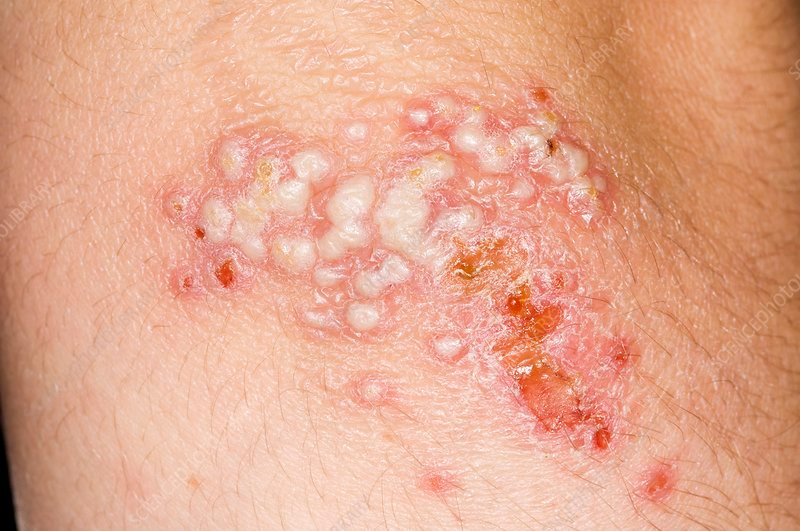
Herpes Treatment Options in 2026: Managing Symptoms and Outbreaks
Living with herpes can be emotionally and physically challenging, especially with the amount of conflicting information available online. As we move into 2026, interest around

Herpes is a common viral infection caused by the herpes simplex virus (HSV), which manifests in two types: HSV-1, typically causing oral herpes, and HSV-2, which usually results in genital herpes. With millions of people affected worldwide, the quest for a herpes cure remains a significant concern. This blog delves into whether there is a cure for herpes and explores the available treatment options to manage this condition effectively.
Herpes is a lifelong infection that can cause recurrent outbreaks, characterized by painful sores and blisters. While the initial infection can be severe, subsequent outbreaks tend to be milder. The virus lies dormant in the body and can reactivate due to various triggers, including stress, illness, or a weakened immune system. The social and emotional impact of herpes can be profound, affecting personal relationships and mental health.
Currently, there is no cure for herpes. Once infected, the virus remains in the body for life. However, ongoing research aims to find a definitive cure. Scientists are exploring various avenues, including gene editing technologies like CRISPR, therapeutic vaccines, and antiviral drugs that could potentially eliminate the virus from the body. While these advancements are promising, they are still in the experimental stages and not yet available to the public.
While there is no cure for herpes, several treatment options can help manage the symptoms and reduce the frequency and severity of outbreaks. Here are some of the most effective herpes treatments:
Antiviral drugs are the cornerstone of herpes treatment. Medications such as acyclovir, valacyclovir, and famciclovir can significantly reduce the duration and severity of outbreaks. When taken daily, these medications can also decrease the frequency of outbreaks and lower the risk of transmitting the virus to others. It is essential to start antiviral therapy at the first sign of an outbreak for maximum effectiveness.
For those experiencing mild outbreaks, topical treatments can provide relief. Creams and ointments containing antiviral agents can be applied directly to the sores to reduce pain and speed up healing. Over-the-counter options like docosanol (Abreva) can also help manage symptoms, although prescription-strength treatments tend to be more effective.
While current treatments focus on managing symptoms, the ultimate goal is to find a cure for herpes. Researchers are exploring innovative approaches, including therapeutic vaccines that could boost the immune system’s ability to fight the virus and gene editing technologies that aim to eliminate the virus from infected cells. Although these developments are still in the early stages, they offer hope for a future where a herpes cure may be possible.
At Herpes Solution, we are dedicated to providing up-to-date information and support for individuals living with herpes. Our website offers a comprehensive resource on herpes treatment options, including the latest research developments. We understand the challenges of living with herpes and are committed to helping you manage your condition effectively.
For more information on herpes treatments and ongoing research efforts, visit Herpes Solution. Trust us to be your partner in navigating the complexities of herpes and finding the best solutions for your health and well-being.
You might also be interested…

Living with herpes can be emotionally and physically challenging, especially with the amount of conflicting information available online. As we move into 2026, interest around

Living with herpes can be emotionally and physically challenging, especially with the amount of conflicting information available online. As we move into 2026, interest around

Living with herpes can be emotionally and physically challenging, especially with the amount of conflicting information available online. As we move into 2026, interest around